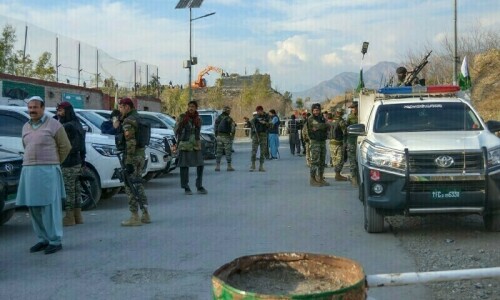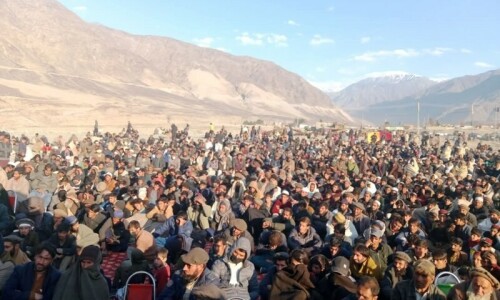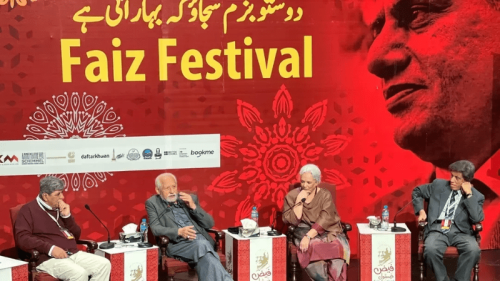KARACHI: Fish population has been found to be very low during a survey currently in progress in 13 major creeks of Sindh. So far, 147 species of marine fauna have been identified.
The survey is being carried out in Issaro, Wadi Kuddi, Dabbo, Mal, Pittaini, Hajamro, Chaan, Richhal, Jang River, Chann, Wari, Khar and Kajhar creeks. Later, the survey would be taken to the creeks areas in Balochistan.
The initiative is part of a Rs500 million Fisheries Stock Assessment Survey Programme undertaken by the marine fisheries department (MFD) with technical support from the Food and Agriculture Organisation (FAO) under the Fisheries Resources Appraisal Project (FRAP).
“It’s the first comprehensive survey of Pakistan’s marine resources that included the creek areas. The biological survey of marine fisheries resources in the coastal creek areas would help assess the role and contribution of creek areas to the production of marine fisheries resources,” said MFD director general Shaukat Hussain.
The deep-sea water survey, he said, would be concluded by the end of this year while some data had already been collected with the help of an Iranian and Norwegian vessel last year.
“The project’s aim is to provide realistic assessment of the fisheries resources of Pakistan and to provide training and capacity building to national fisheries research and management institutions,” he said, adding that the creek’s survey would also help re-evaluate experts’ views on the June-July ban on fishing.
Thirteen study areas within the creeks have been identified in consultation with the team of researchers, scientists and relevant staff member from the MFD, the fisheries departments of Sindh and Balochistan, National Institute of Oceanography, Centre of Excellence in Marine Biology, Karachi University, Department of Geography (KU), Space and Upper Atmosphere and Research Commission and World Wide Fund for Nature-Pakistan.
The objective of the survey is to provide information on relative importance of various habitat types in supporting marine fish populations at various life history stages; timing, distribution and abundance of recruitment to and migration from creek areas by larvae/juveniles of marine species, including shrimp, demersal fish and small pelagic fish; threats to selected marine and creek species of fisheries interest in creek areas and potential management/mitigation measures.
Regarding WWF’s role, Mohammad Moazzam Khan, who works as a technical advisor on marine resources at the organisation, said that it was responsible for conducting field sampling in selected sites in consultation with the FAO.
“We are also coordinating with KU’s department of geography on developing GIS model based on spatial data integration,” he said.
The FAO, he said, had also constituted a working group for the creek survey consisting members from relevant organisations for information sharing and consultation.
Sharing his observations, Saeedul Islam, the WWF coordinator conservation who is part of the team visiting creeks, said that the survey was initiated last year in March and would conclude in May.
“So far, we have found fish population very low in Sindh creeks. So far 147 species have been identified that included shrimps, crabs and prawns,” he said.
The steep decline in fishery resources, according to him, was mainly due to the open use of banned nets and pollution in the creeks which served as breeding grounds for different marine species.
The samples collected from the creeks were preserved and later analysed in the laboratory, he said.














































Dear visitor, the comments section is undergoing an overhaul and will return soon.